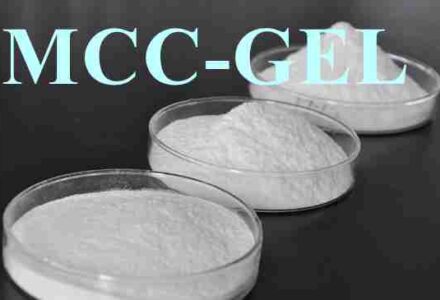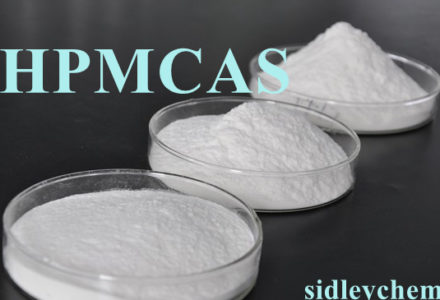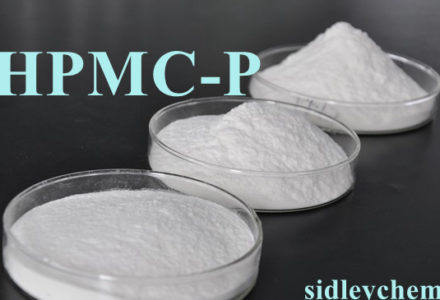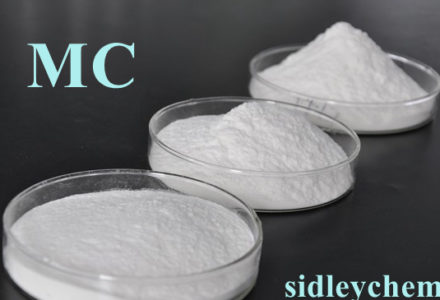Excipient – Microcrystalline Cellulose Microcrystalline cellulose (MCC) is a free-flowing crystalline powder (a non-fibrous microparticle). It is insoluble in water, dilute acids and most organic solvents, but slightly soluble in the alkali solution of 20%. It has a wide range of uses in the pharmaceutical excipients and can be directly used for tabletting of.. read more →
Superfine Edible Cellulose – Microcrystalline Cellulose The superfine edible cellulose, i.e., Microcrystalline Cellulose, MCC for short, is a granular powder product with a size of about 10μm, obtained from the hydrolysis of the natural cellulose in an acidic medium, making the molecular weight reduced to a certain range. It is mainly used in the.. read more →
Application of Microcrystalline Cellulose—Avicel in Medicine Avicel is the foreign trade name, composed by mixing the product with sodium carboxymethyl cellulose in different proportions. For example, Avicel -RC-591 contains 11%(±1)CMC; while Avicel -RC-581 contains 8.5%(±1)CMC. These models are used in the food industry. Products of Avicel PH models are used for the pharmaceutical.. read more →
Difference between Methyl Cellulose (MC) and Hydroxypropyl Methyl Cellulose (HPMC) 1. Hydroxypropyl Methyl Cellulose is easily soluble in cold water but difficult to be soluble in hot water. However, its gelling temperature in hot water is significantly higher than that of methyl cellulose (MC). And compared with Methyl Cellulose, the dissolution in cold water has.. read more →
Rheological Property of Methyl cellulose Solution The rheological property of Methyl cellulose plays a very important role in many practical applications. In coatings, cosmetics, food industry and building material products, it is bound to affect their flow behavior. The viscosity of Newtonian fluid is not dependent on the shear rate (or the gradient.. read more →




